Problem-Solving Skills Kindergarten Numbers Worksheets
23 filtered results
-
From - To
Unlock your child's potential with our "Problem-Solving Skills Kindergarten Numbers Worksheets"! These engaging, interactive worksheets are designed to help young learners master essential math concepts while developing critical thinking skills. Each worksheet features fun, age-appropriate activities that challenge children to solve problems, recognize patterns, and apply their understanding of numbers in real-world situations. Our curriculum aligns with educational standards, ensuring a solid foundation in math that fosters confidence and curiosity. Ideal for home or classroom use, these resources encourage creativity and logical reasoning, making learning enjoyable and effective. Start your child's exciting journey into math mastery today!
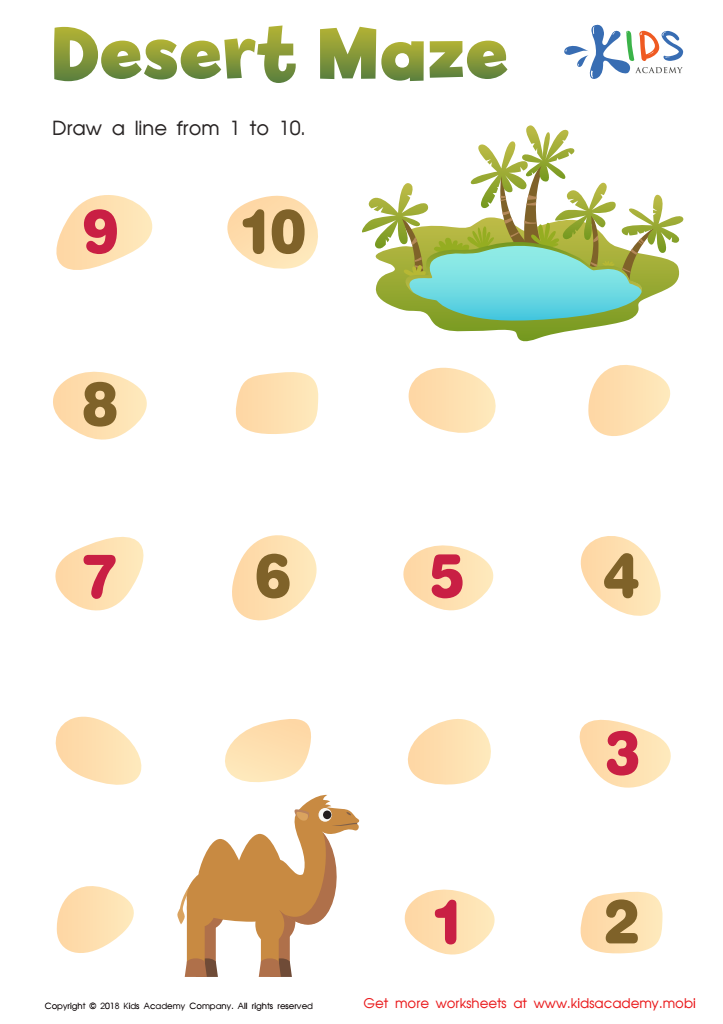

Desert Maze Worksheet
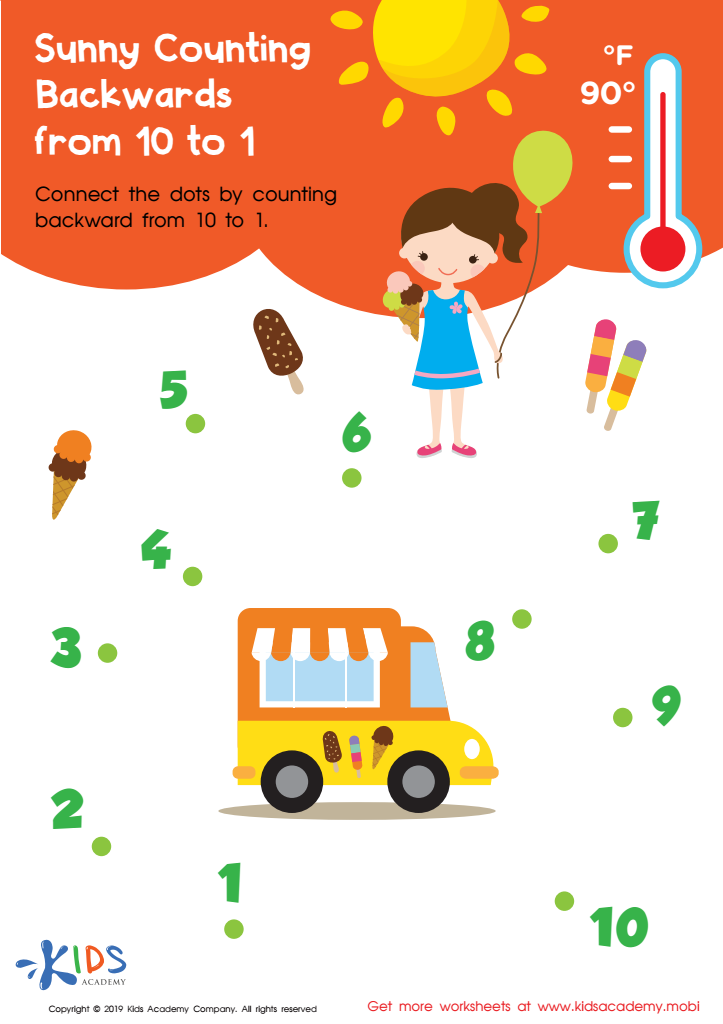

Sunny Counting Backwards from 10 to 1 Worksheet
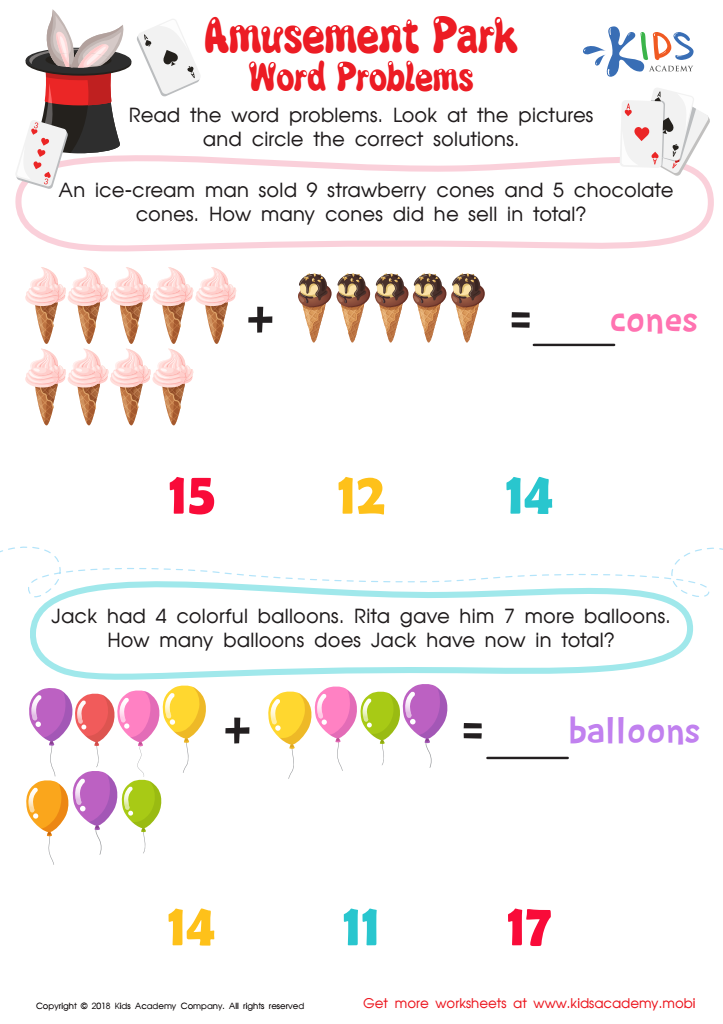

Amusement Park Word Problems Worksheet
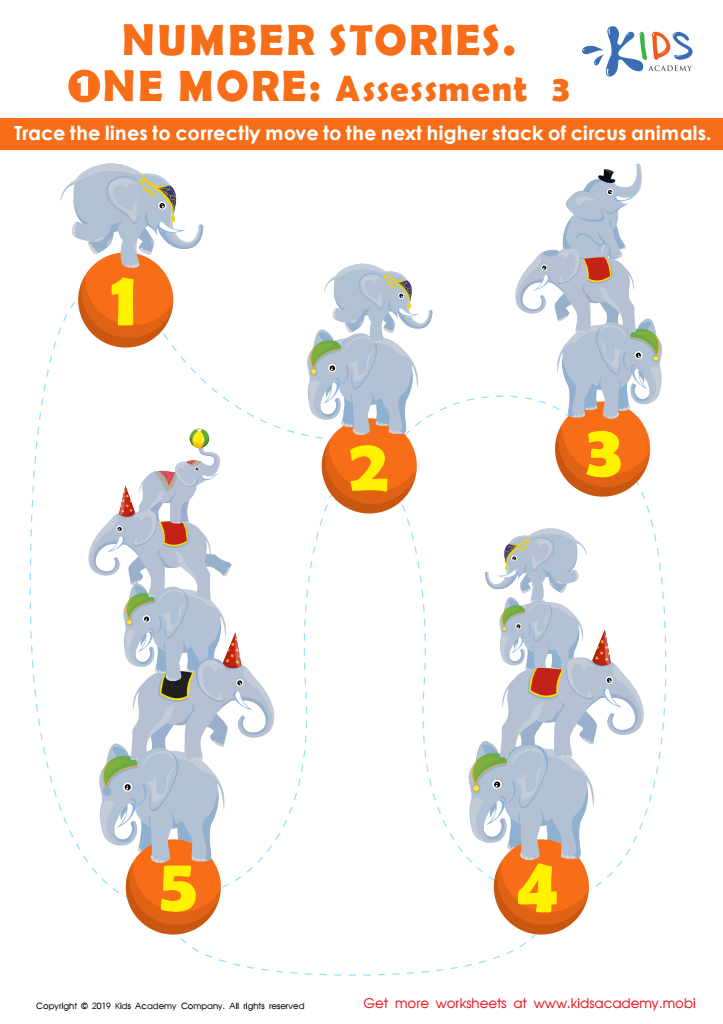

Number Stories One More: Assessment 3 Worksheet
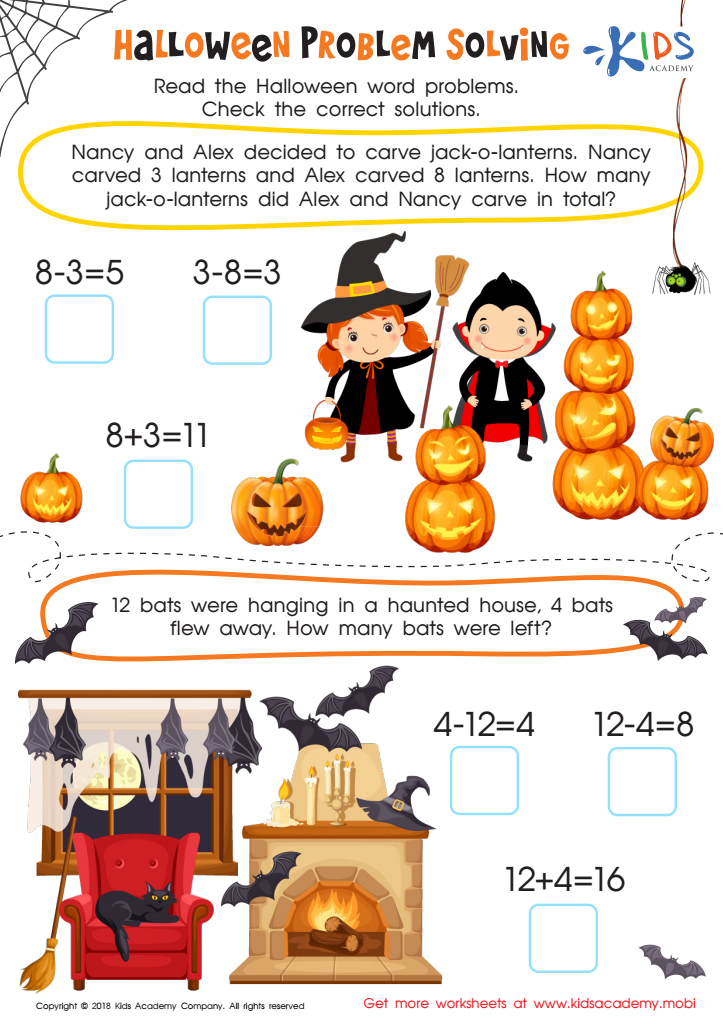

Halloween Problem Solving Worksheet
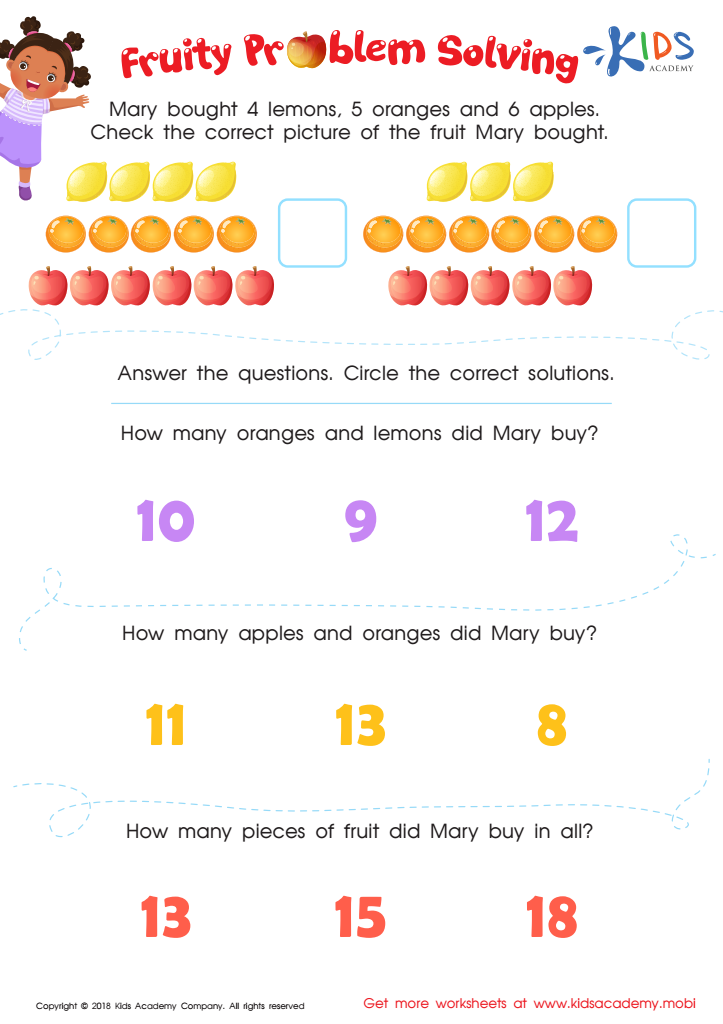

Fruity Problem Solving Worksheet
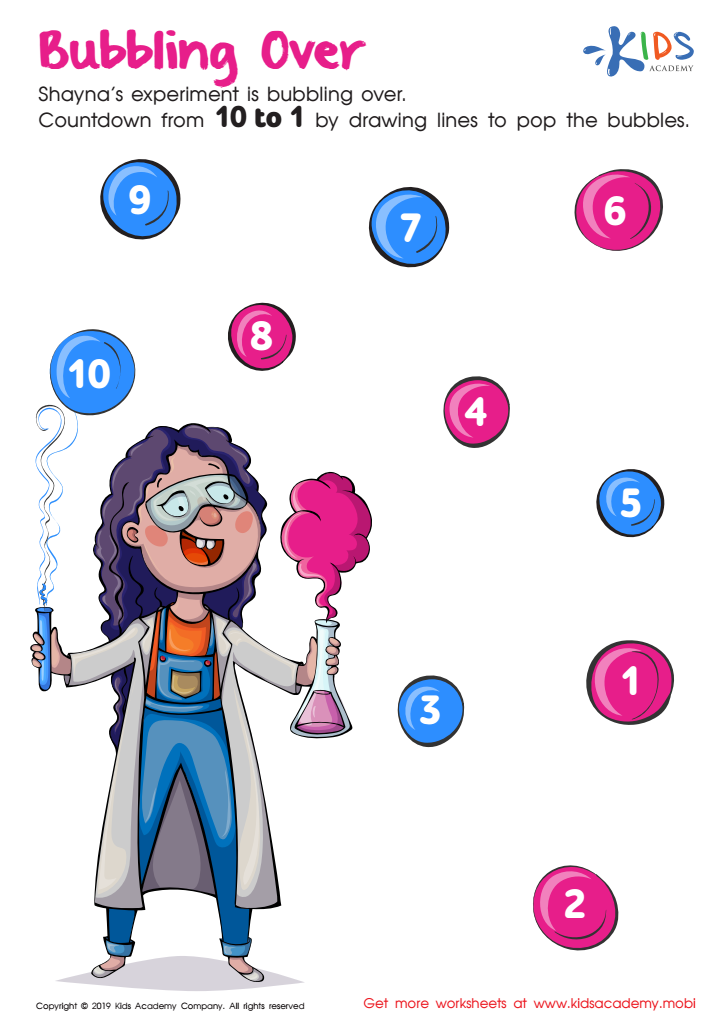

Bubbling Over Worksheet
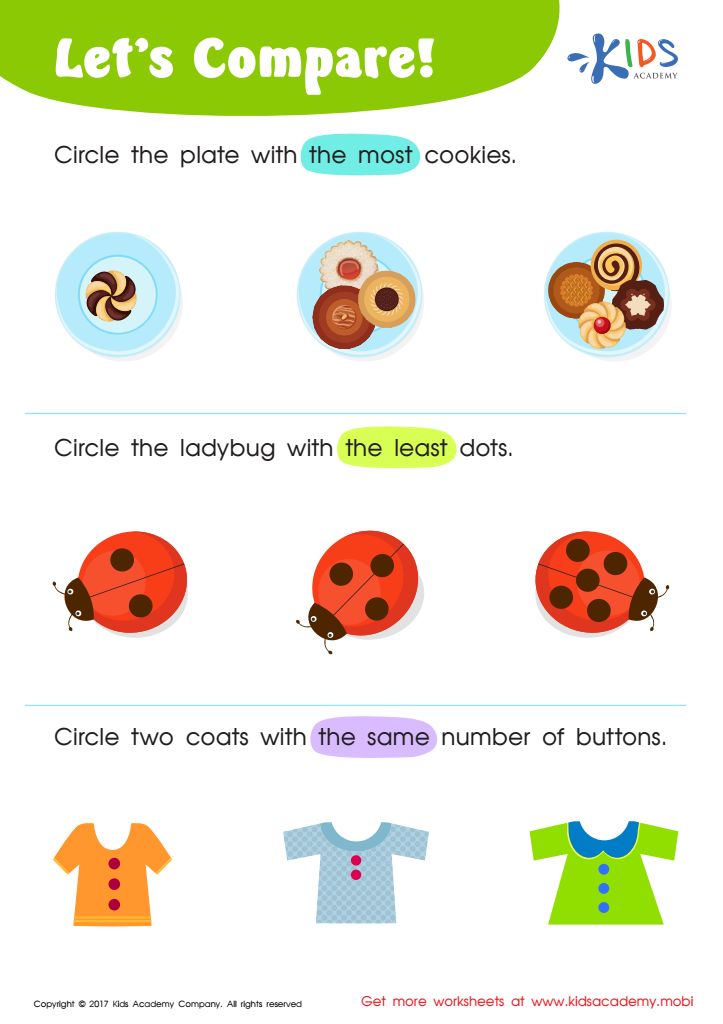

Matching: Classifying Toys by Size Worksheet
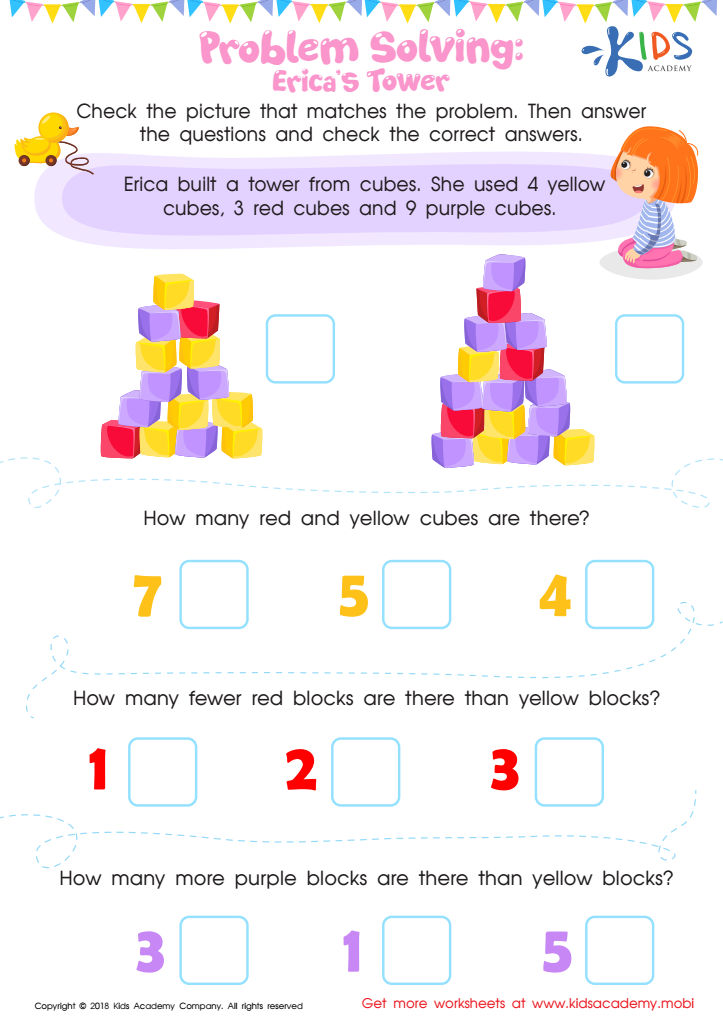

Problem Solving: Erica's Tower Worksheet
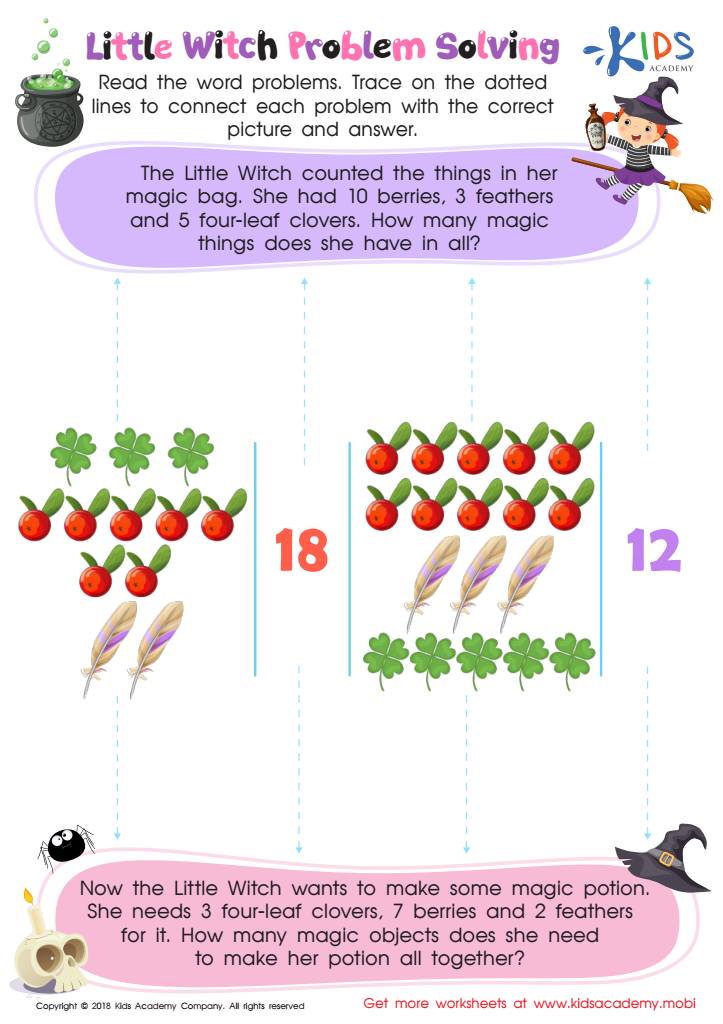

Little Witch Problem Solving Worksheet
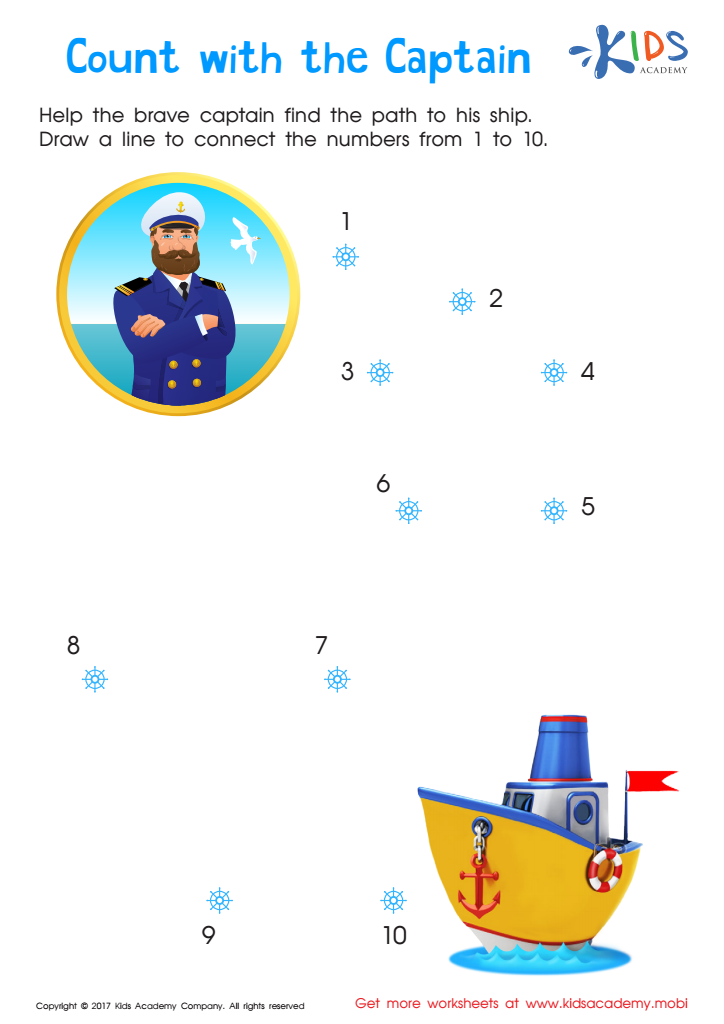

Count with the Captain Connect Dots Worksheet
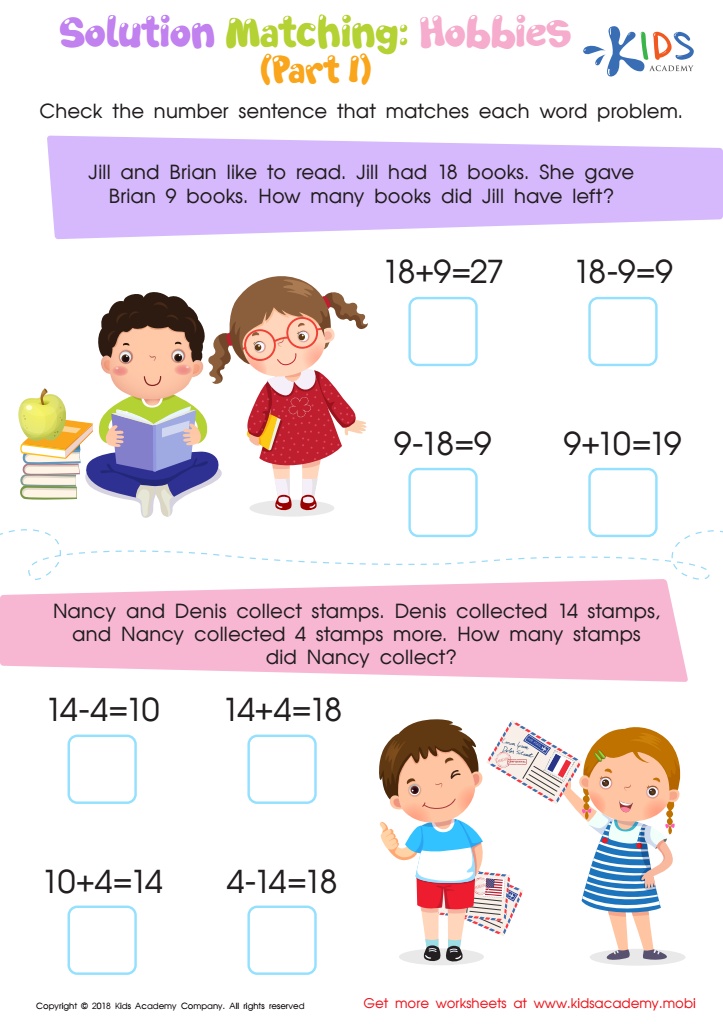

Solution Matching: Hobbies. Part 1 Worksheet
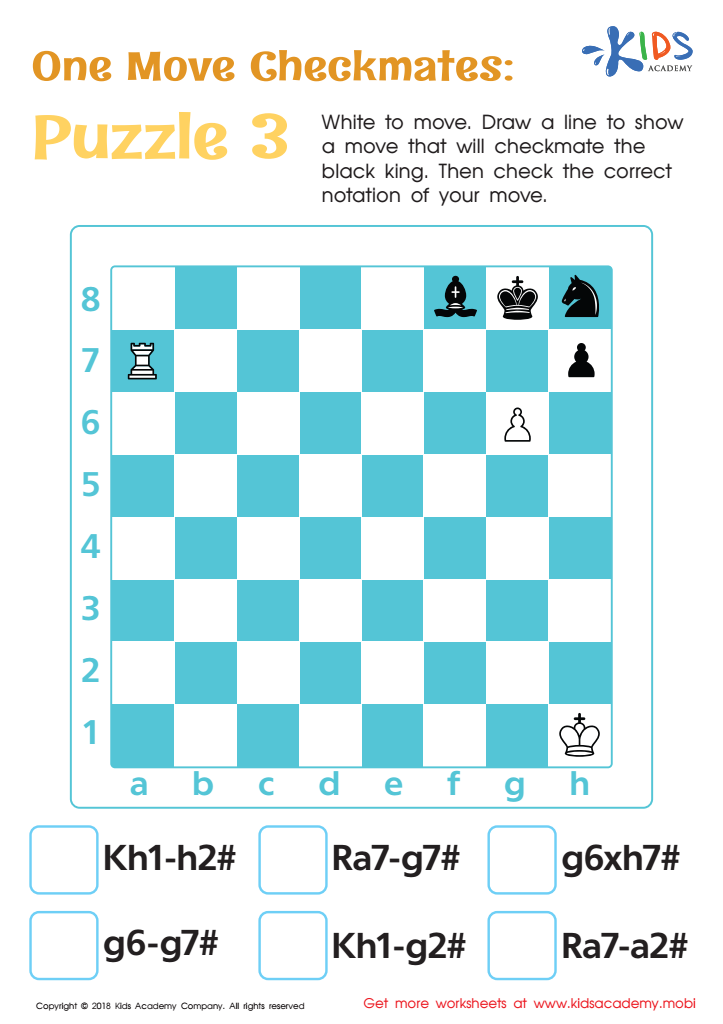

One Move Checkmates: Puzzle 3 Worksheet
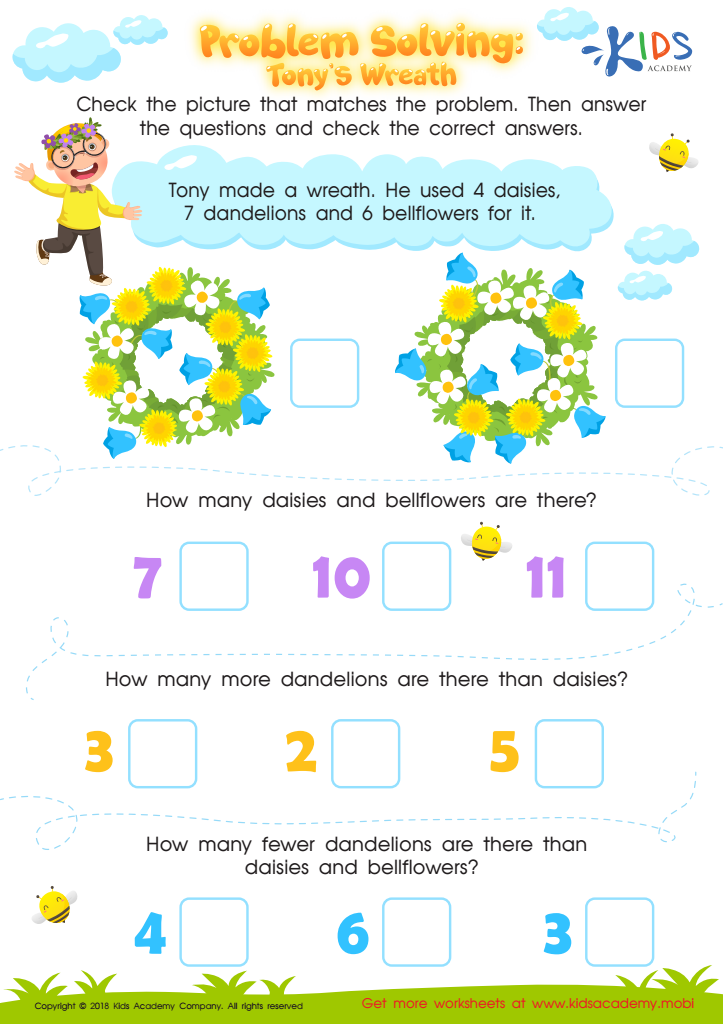

Problem Solving: Tony's Wreath Worksheet


Count Santa's Presents Worksheet
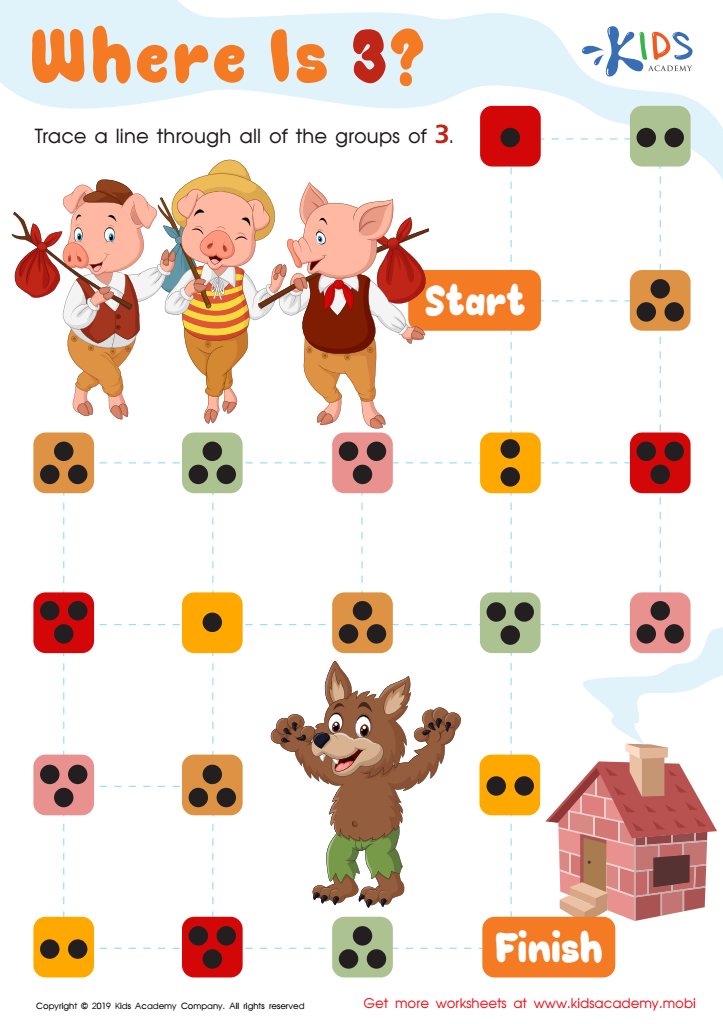

Where Is 3? Worksheet
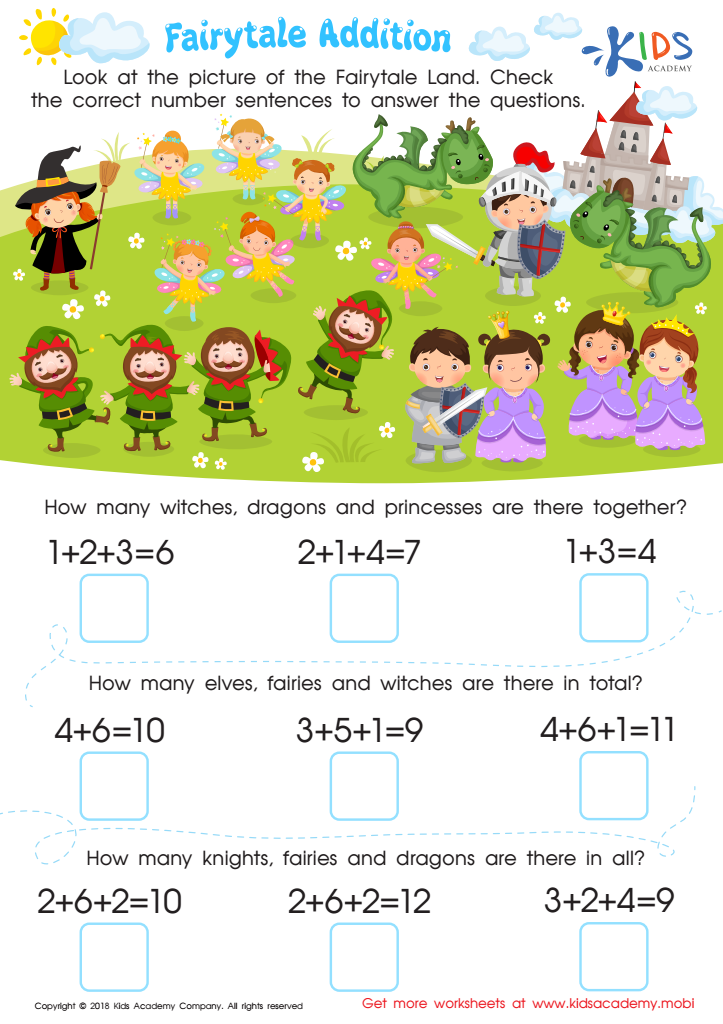

Fairytale Addition Worksheet


Solve the Problem: Trick–or–treating Worksheet
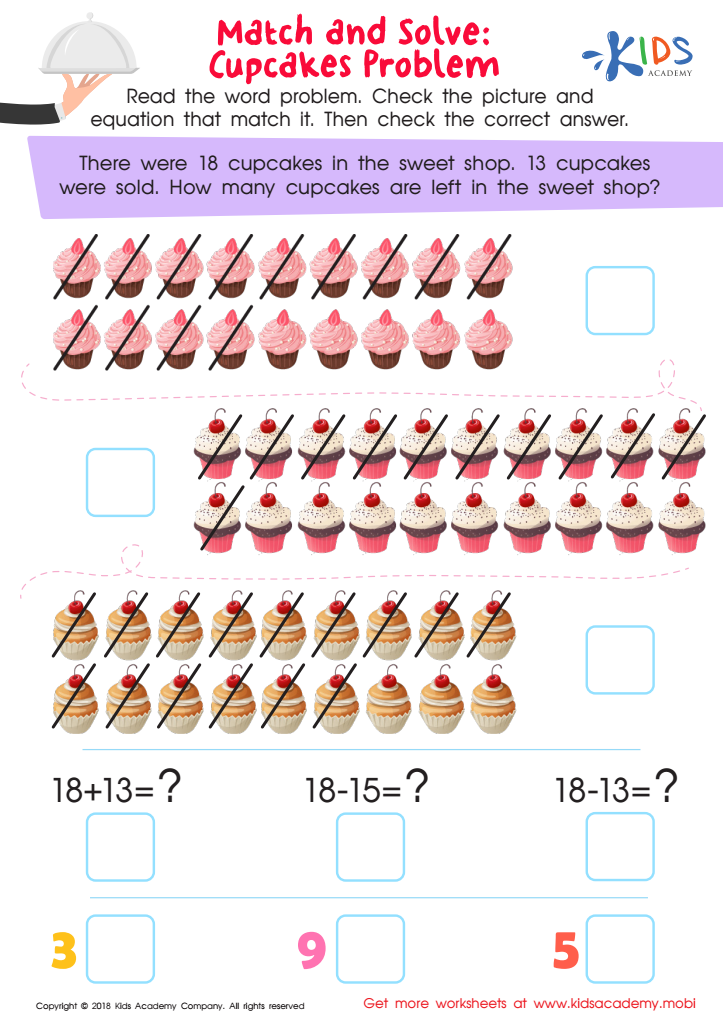

Match and Solve: Cupcakes Problem Worksheet
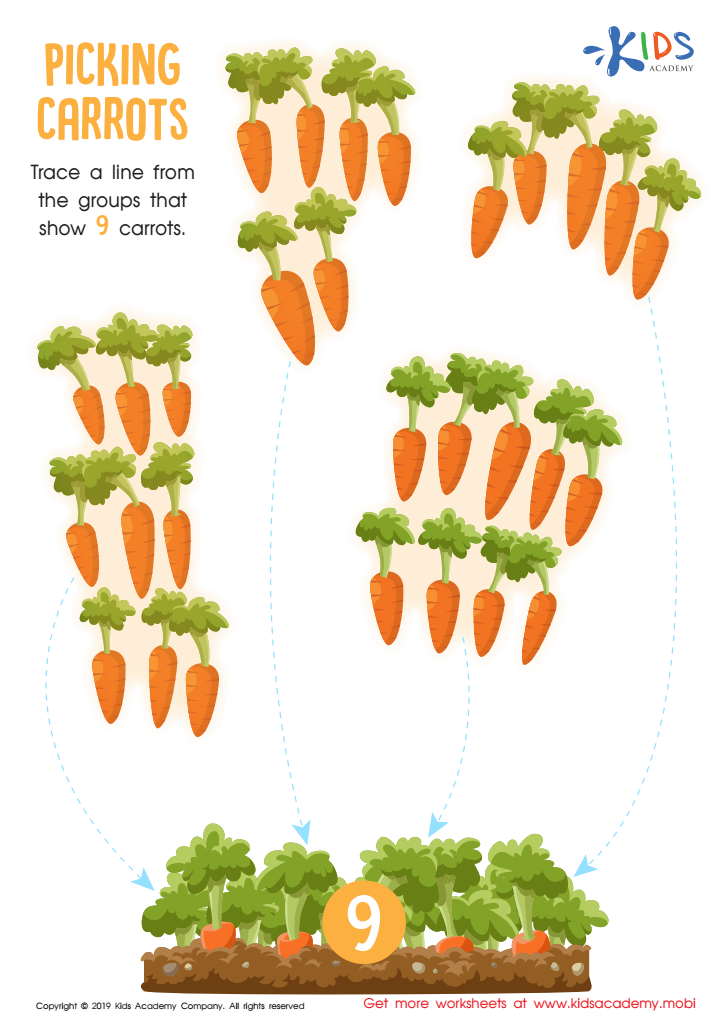

Picking Carrots Worksheet
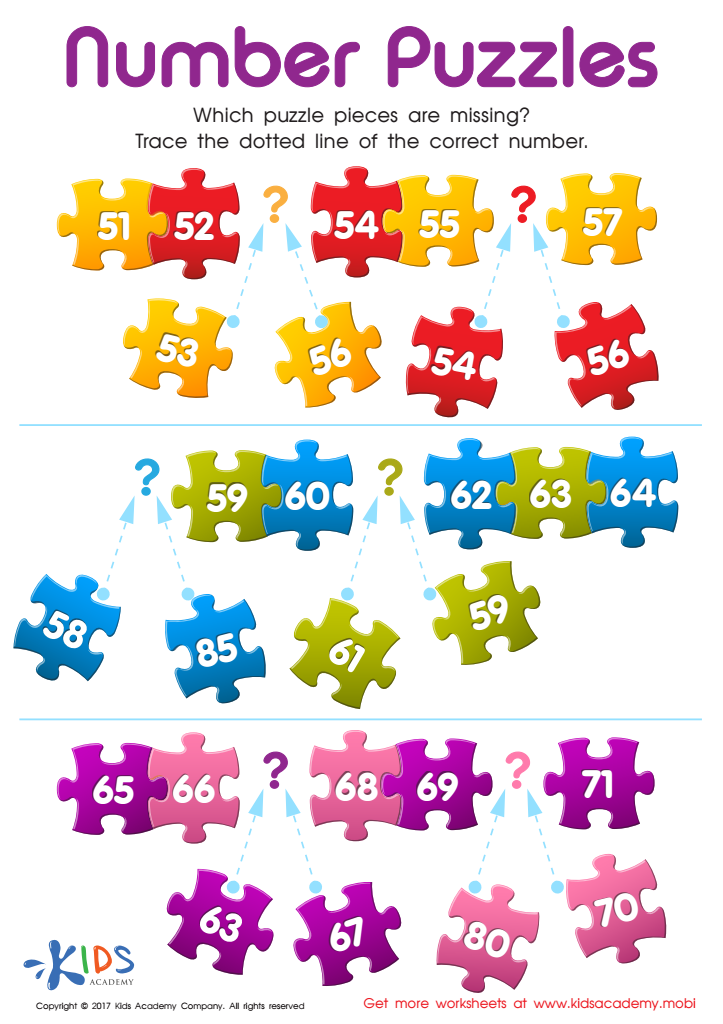

Number Puzzles Worksheet
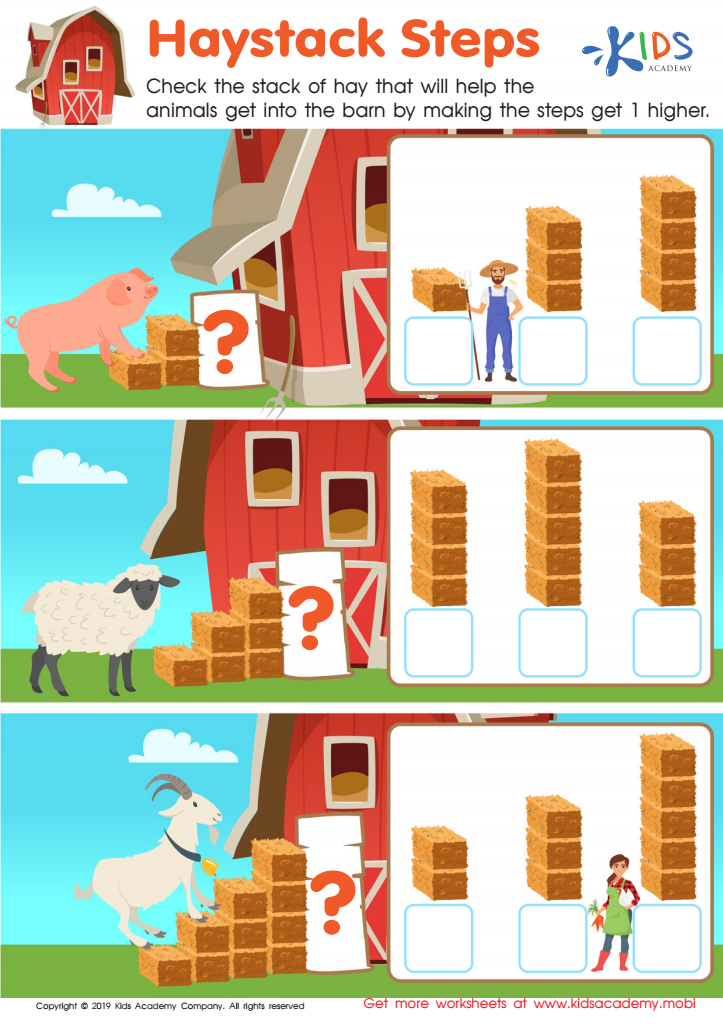

Haystack Steps Worksheet


Enrichment: Firefighter Ladders Worksheet
Problem-solving skills are foundational to a child's cognitive development, especially in the context of early math concepts like numbers. For parents and teachers of kindergarteners, emphasizing problem-solving in math ensures that children learn to think critically and develop resilience in facing challenges. These skills go beyond just numbers; they foster creativity and adaptability, which are essential in everyday situations.
When children engage in problem-solving with numbers, they learn to apply mathematical concepts, ensuring a deeper understanding rather than rote memorization. This engagement helps build confidence and intrinsic motivation to learn, showing that mistakes are opportunities for growth rather than setbacks.
Additionally, problem-solving nourishes social and collaborative skills when children work together to find solutions. Teachers and parents can create rich learning environments by encouraging children to ask questions, explore different strategies, and share their thought processes, enhancing communication skills and logical reasoning.
Ultimately, fostering problem-solving skills in kindergarten not only supports mathematical understanding but also lays the groundwork for lifelong learning, critical thinking, and the ability to tackle more complex problems in the future. Thus, parents and teachers should actively promote these skills for the holistic development of children.
 Assign to My Students
Assign to My Students




















